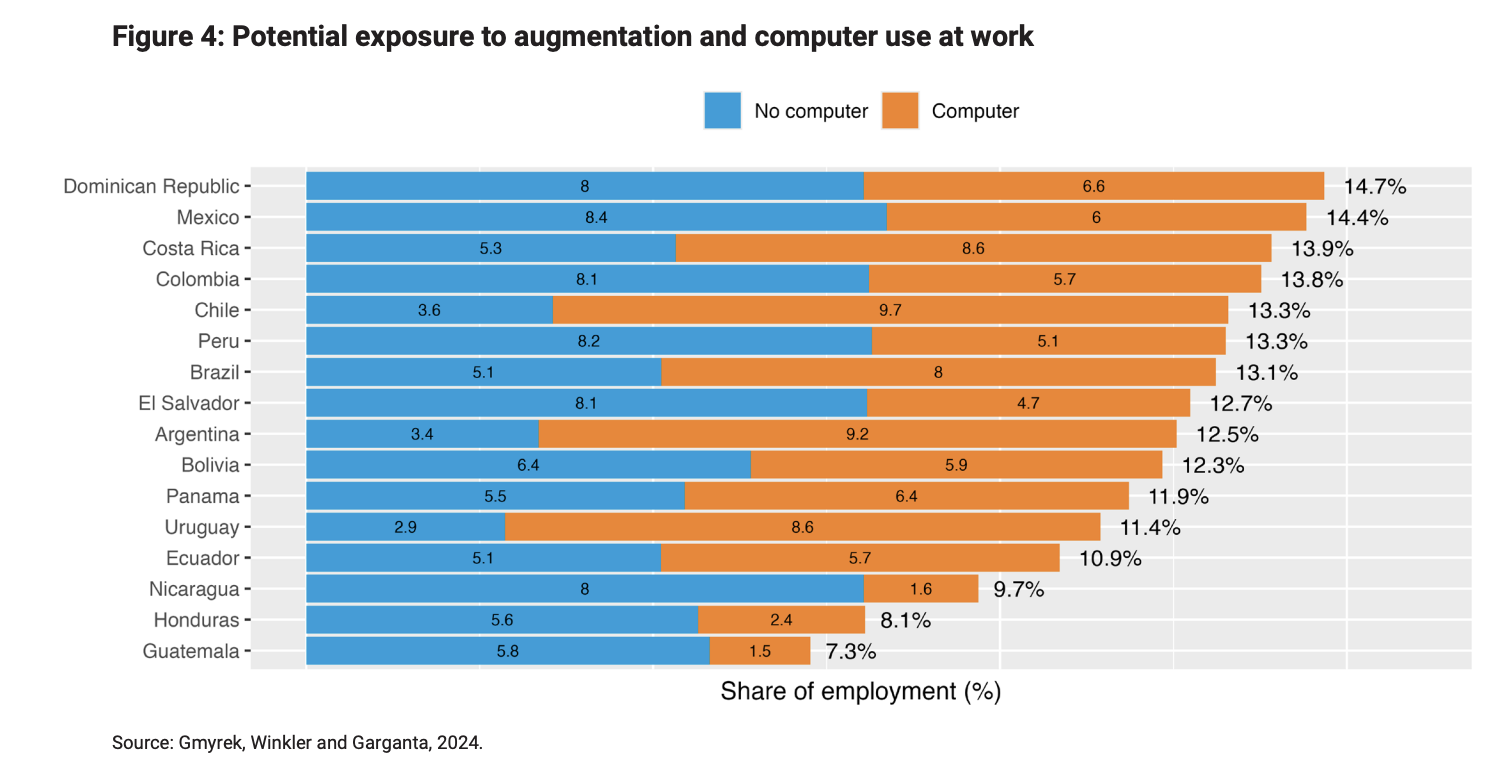
ILO warns of a 'pronounced AI divide emerging'

The uneven implementation of artificial intelligence across the world could potentially widen existing disparities in income and quality of life, according to a new report from the International Labour Organisation (ILO).
The ILO's report pointed out that while AI has the potential to make significant changes various sectors, including the world of work, the disparity in investment, adoption, and use of AI technology between nations is clear.
"There is a pronounced 'AI divide' emerging, where high-income nations disproportionately benefit from AI advancements, while low- and medium-income countries, particularly in Africa, lag behind," the report stated.
High-income countries, which are more exposed to the potential automating effects of AI, are also better positioned to capitalise on the productivity gains the technology offers, according to the report.
On the other hand, developing countries may experience a temporary buffer due to a lack of digital infrastructure that could turn into a bottleneck hindering productivity growth and jeopardising future prosperity.

Source: Mind the AI Divide: Shaping a Global Perspective on the Future of Work
The ILO warns that without proactive international cooperation and targeted policies, the gap between wealthy and poorer nations could widen, exacerbating existing global inequalities.
It underscored the necessity for "concerted action" to support developing countries in their AI integration efforts.
"The absence of such policies will not only widen global inequalities, but risks squandering the potential of AI to serve as a catalyst for widespread social and economic progress," the report read.
To ensure that AI contributes to inclusive growth, the report advocates for the development of digital infrastructure and AI skills in disadvantaged countries, along with the promotion of technology transfer and absorption.
According to the ILO, empowering these countries with the necessary tools and knowledge is crucial to mitigating the risks posed by the AI divide.
The ILO also highlighted the importance of social dialogue in the integration of AI into the workplace.
It stressed that discussions on the design, implementation, and use of technology at work, coupled with the development of regulations that protect workers' rights, are important.
"Whether the integration of technology into work processes spurs productivity growth or improves working conditions in support of social justice depends in large part on the strength of such collaboration and dialogue," the ILO states.